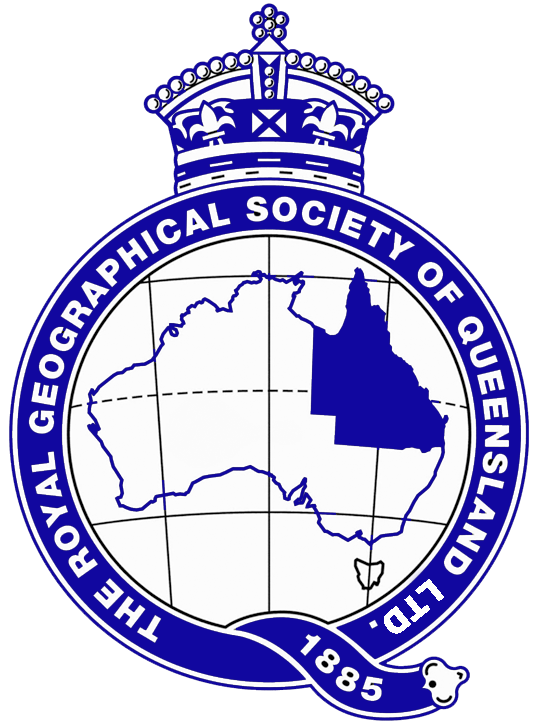Menu
Log in
- Home
- Connecting agricultural data across scales to maintain food supply
The Royal Geographical Society of Queensland Ltd. | Patron |
Privacy Policy | Contact Us | © RGSQ | Site Map |
Powered by Wild Apricot Membership Software
The Royal Geographical Society of Queensland Ltd. | Patron |
Privacy Policy | Contact Us | © RGSQ | Site Map |
